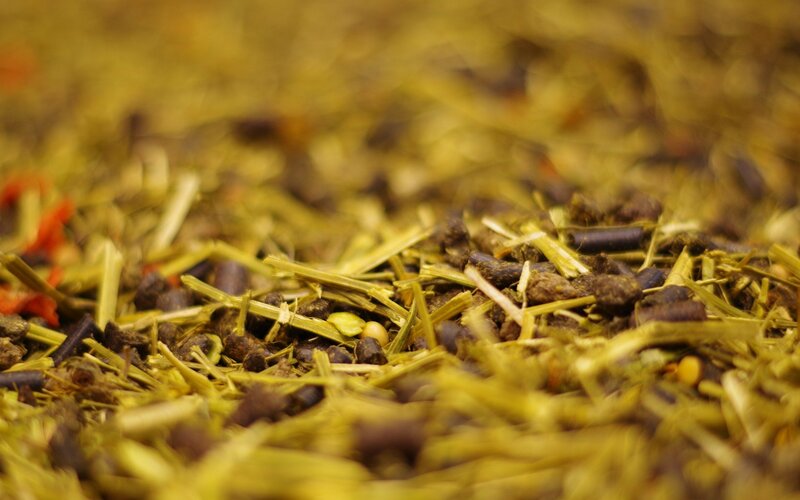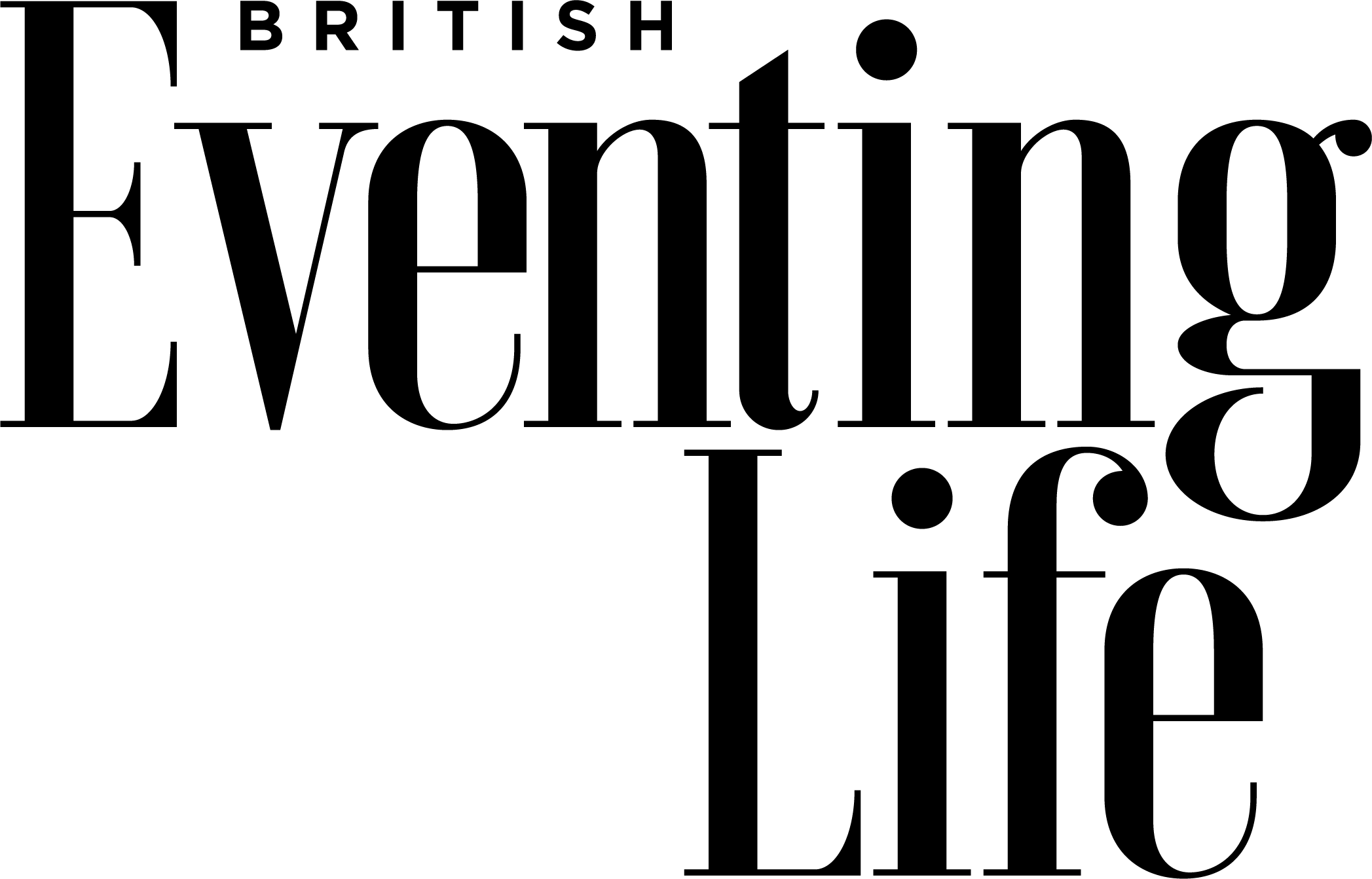
Everything you need to know about feed contamination
If you compete with British Eventing did you know that your horse can be drug tested at every level? So no matter if you are doing your very first BE80(T) or are an experienced and regular competitor, making sure you are aware of feed contamination is essential. We take a look at how we can reduce the risks.
Certain species of poppy (which contain morphine), cocoa, tea and caffeine are just some examples of the seemingly innocuous naturally occurring substances that can cause a positive dope test and no rider can afford to be complacent when it comes to feed contamination.
Certain species of poppy (which contain morphine), cocoa, tea and caffeine are just some examples of the seemingly innocuous naturally occurring substances that can cause a positive dope test and no rider can afford to be complacent when it comes to feed contamination.
REDUCING THE RISKS
Responsible riders can take a number of simple steps to reduce the risk of feed contamination.
1. Choose reputable feeds that display the BETA NOPS logo on the packaging.
2. Take a small sample from every feed delivery and keep it safely for two months after consumption – this could be crucial evidence in the event of a positive dope test.
3. Record batch numbers and keep delivery notes for all feeds purchased.
4. Use separate buckets and tools to transition new horses from ‘foreign’ feeds to your regular brand.
5. Maintain good standards of hygiene and cleanliness.
6. Restrict staff (and visitors) to eating and drinking in designated areas such as the staff room – do not allow hot drinks or chocolate bars into stables.
7. Do not store feed for other animals (such as chickens) in your feed room.
TO KNOW MORE…
Information can also be found on BEF Equine Anti-Doping and Controlled Medication (BEFAR).
BETA launched its NOPS programme in 2009 in response to a number of issues with morphine contamination. For more information see www.beta-uk.org
To find out more about the anti-doping testing process at events, read our guide here.
To find out more about the anti-doping testing process at events, read our guide here.
